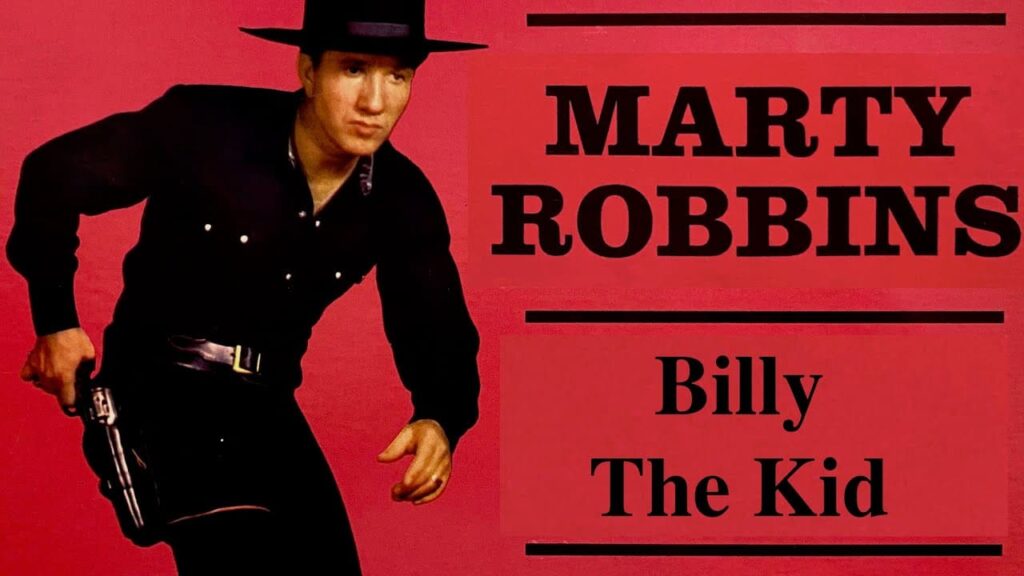
The unexpected, heartbreaking revelation of a showdown between brothers.
The old six-shooter ballads of the American West, sung by men like Marty Robbins, have a way of transporting you back to a time of dust-swept trails, rugged justice, and hard-won redemption. They are more than just songs; they are miniature movies, with every chord and lyric painting a vivid scene in the mind’s eye. Among his many timeless tales, “Tall Handsome Stranger” stands out as a particularly poignant and tragic one. Released in 1963 on the album Return of the Gunfighter, the song is a masterpiece of storytelling. While the album itself charted, reaching a peak position of No. 8 on the newly established Billboard Top Country Albums chart and staying there for a total of 12 weeks, “Tall Handsome Stranger” was not released as a single, yet it has become a cherished classic for those who appreciate the depth of Robbins’ narrative prowess. The song’s place on the album, nestled among other great cowboy sagas, cemented its status as an essential piece of his Western repertoire.
For those of us who grew up with these sounds, the song evokes a certain melancholy nostalgia. It’s the kind of tune you can imagine hearing on a crackly AM radio on a long drive, the setting sun turning the sky into a blaze of orange and purple. The story begins as a classic Western standoff. A “tall handsome stranger,” with a vengeful fire in his eyes, rides into town. We’re told he’s a killer, an outlaw who has come to settle a score with the town’s deputy. The anticipation builds with each verse—the taunts, the gathered crowd, the inevitable confrontation at sunrise. The listener is braced for a heroic conclusion, a triumph of good over evil. But Marty Robbins had a gift for subverting expectations, for adding a layer of humanity and heartbreak to the hardened world of the West.
The true meaning of “Tall Handsome Stranger” isn’t revealed until the final moments, and it’s a twist that hits you right in the gut. After a swift and deadly duel where the deputy’s bullet finds its mark, the dying stranger reveals his secret. He is not just an outlaw; he is the deputy’s own brother, a son of the same mother, who had forgotten the lessons of drawing a gun that his sibling had taught him long ago. The song transforms from a simple gunfight story into a harrowing Greek tragedy. The hero’s victory is hollow, stained by the blood of his own kin. The final lines lament the mother’s impending sorrow, turning the triumphant moment into a silent, solitary grief. It is this emotional complexity, this ability to find the profound sadness in a genre often defined by stoic machismo, that makes Robbins a true artist.
The song is a reflection on the brutal, often senseless nature of violence and the inescapable bonds of family. It speaks to a time when men had to face their destinies alone, and the consequences of their actions were as personal as they were public. Listening to it now, it’s not just the melody that lingers, but the raw, aching emotion in Robbins’ voice as he delivers that final, devastating blow. It reminds us of a simpler time, perhaps, but one where even the simplest of stories carried the weight of life, death, and an unshakeable sense of fate. It’s a song that proves that a great story, no matter how short, can resonate long after the last note fades.